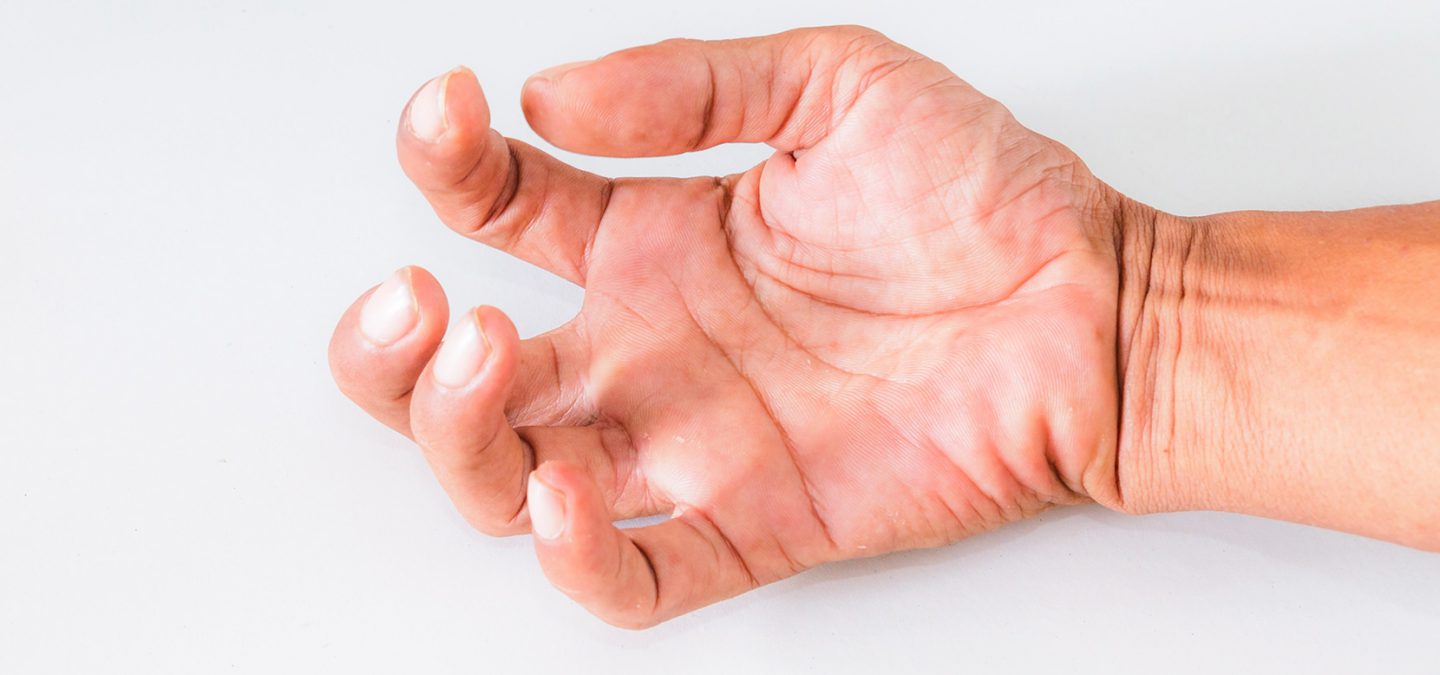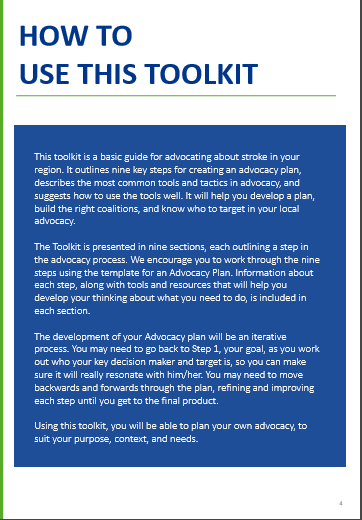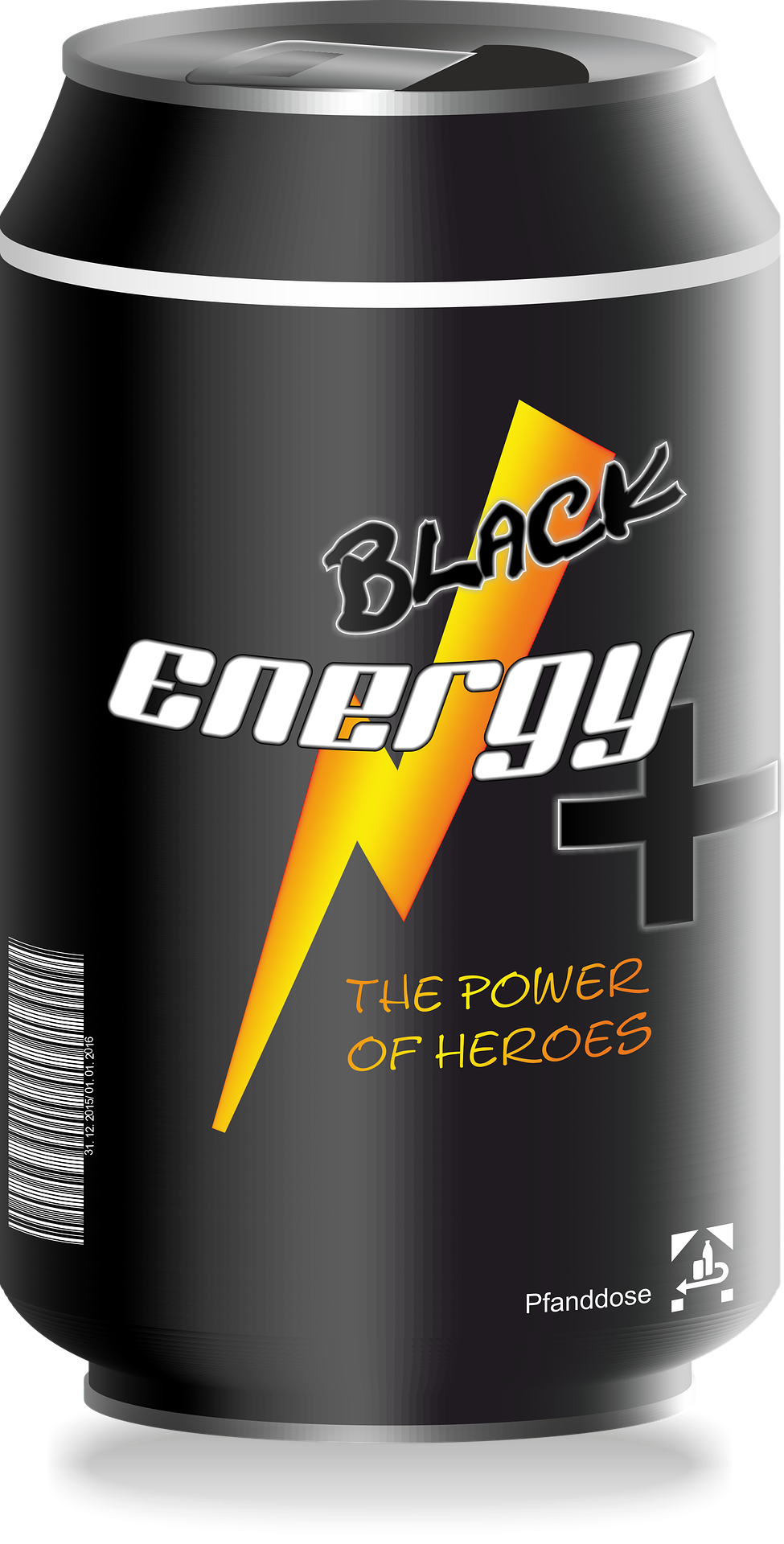
Jan 3, 2017

Image: pixabay.com
Frequent sauna bathing may protect men against dementia, Finnish study suggests.
Frequent sauna bathing can reduce the risk of dementia, according to a recent study carried out at the University of Eastern Finland. In a 20-year follow-up, men taking a sauna 4-7 times a week were 66% less likely to be diagnosed with dementia than those taking a sauna once a week. The association between sauna bathing and dementia risk has not been previously investigated. (more…)

Dec 29, 2016
By Teresa Dumain, first published here
Women are at greater risk for stroke than men, but these simple steps can lower your risk.
Midlife women are twice as likely as men to have strokes, an alarming fact in and of itself. But what’s even more alarming is that if you crunch the numbers, it just doesn’t make any sense. Men smoke more, drink more, and see their doctors less—probably to avoid confessing their sins. Cigarettes and alcohol up the risk of stroke, yet each year, about 55,000 more women than men suffer from them. (more…)

Dec 27, 2016
By Susan Young | Posted: December 27, 2016 on Healthcare Communication News

Image: pixabay.com
People are using technology to enhance their overall health.
Effective digital communicators have a deep understanding of where their prospects are spending time, and how best to reach them.
They’re quite busy on computers, tablets and mobile devices, according to this infographic. What exactly are folks looking at online? (more…)

Dec 27, 2016
Written by Ana Sandoiu
First published here
With their rich content of fiber, low saturated fats, and high levels of antioxidants, nuts are one of the healthiest and most nutritious snacks out there. New research shows that the health benefits of nuts may be even more wide-ranging than we think.
Nuts are packed with nutritional value. Rich in unsaturated fatty acids, fiber, vitamins, minerals, and various antioxidants, nuts have earned their spot in the “superfood” category. (more…)

Dec 24, 2016
UCLA researchers have shown that the brain can be repaired — and brain function can be recovered — after a stroke in animals. The discovery could have important implications for treating a mind-robbing condition known as a white matter stroke, a major cause of dementia.
White matter stroke is a type of ischemic stroke, in which a blood vessel carrying oxygen to the brain is blocked. Unlike large artery blockages or transient ischemic attacks, individual white matter strokes, which occur in tiny blood vessels deep within the brain, typically go unnoticed but accumulate over time. They accelerate Alzheimer’s disease due to damage done to areas of the brain involved in memory, planning, walking and problem-solving. (more…)

Dec 22, 2016
The Merz / SAFE post-stroke spasticity project launched a web site lifewithspasticity.com aimed to create an educational space for raising awareness of the treatment options available to stroke survivors experiencing post-stroke spasticity. The project is managed by the Stroke Association on behalf of Stroke Alliance for Europe (SAFE) and the duration of this project is 12 months, ending in the spring of 2017.
The rational for the project was that everyone who has had a stroke should have the opportunity to make the best possible recovery. It is estimated that up to a third of stroke survivors experience spasticity, however rehabilitation is only given to a small percentage of people who could benefit. Spasticity affects up to a third of stroke survivors and can leave those with the condition dependent on others to carry out the most basic, everyday tasks, such as getting dressed and eating. Studies have shown that around 70% of stroke survivors living with spasticity say it has a major impact on their life. (more…)

Dec 21, 2016
The source: Adapted press release from the European Commission
“Health at a Glance: Europe 2016” European Commission/OECD joint report shows that policies that aim at promoting good health and preventing diseases as well as more effective healthcare could save lives and billions of euros in the European Union.

Image: pixabay.com
Life expectancy now exceeds 80 years in most EU countries reveals “Health at a Glance: Europe 2016”, a European Commission/OECD joint report. However, this record-high life expectancy is not always matched by healthy life years. Around 50 million people in the EU suffer from several chronic diseases, and more than half a million people of working age die from them every year, representing an annual cost of some 115 billion EUR for EU economies. For more key figures see infograph. (more…)

Dec 16, 2016
The WSO Advocacy Toolkit is for individuals who seek to advance stroke policy, elevate the issue of stroke in his/her community and improve stroke outcomes by driving advocacy and change through governments and institutions.
This toolkit will help you advocate for improvements in the health system to address stroke (e.g. gain more funding for stroke units, improve the use of best practice guidelines, ensure better access to stroke treatments, rehabilitation services) in your region.
Please visit www.worldstrokecampaign.org to download the Advocacy Toolkit.
(more…)

Dec 15, 2016
The European Brain Council has been working with a Member of Parliament (MEP), SAFE, the European Stroke Organisation (ESO), the Atrial Fibrillation Association (AFA) and the Arrhythmia Alliance to organise a workshop in the European Parliament in Brussels on 25th January 2017.
The workshop will focus on Atrial Fibrillation-related stroke and the goal is to make policy makers more aware of this condition and how screening can help prevent AF-related strokes. On the 25th, the audience members will hear presentations on different perspectives of AF-related stroke: the carer story from Jon Barrick (representing SAFE), the importance to ‘Know Your Pulse’ by Trudie Lobban from AF Association & Arrhythmia Alliance, and insight from various physicians and Stroke experts, Neurologists Dr. Didier Leys (European Academy of Neurology), Dr. Geert Vanhooren (ESO) and Cardiologist/Rhythmologist Dr. Bernard Deruyter (European Parliament). There will also be a presentation from a Finnish stroke survivor, explaining how stroke has impacted daily life for him and his family. The session will be moderated by Peter O’Donnell of Politico. (more…)

Dec 14, 2016
Investigators at the University of Alabama at Birmingham have presented the first case study of a patient experiencing a hemorrhagic stroke — a brain bleed — following consumption of an energy drink.
In an article in press in the American Journal of Emergency Medicine, the UAB physicians detail the case of a 57-year-old man who developed an intracranial hemorrhage within 15 minutes of drinking a popular energy drink. (more…)

















